National Guard troops are staging just outside Chicago — and Memphis could see them by Friday — as the Trump administration plows ahead with a big-city crime crackdown whether local leaders want it or not.
Guard members from Texas settled in at an Army Reserve center in Elwood, about 55 miles southwest of Chicago, by early Wednesday. Their exact mission isn’t clear. The city has been a hub for stepped-up immigration enforcement, with frequent protests outside the ICE facility in Broadview. Trucks with supplies rolled in, trailers lined up, fresh fencing went up — and the FAA slapped flight restrictions over the site through Dec. 6.
Illinois’ Democratic leadership is trying to stop the deployment in court, calling it an unlawful escalation. A hearing is set for Thursday. In Oregon, a judge already blocked a similar move to Portland. Governor J.B. Pritzker blasted the operation as political theater and said he wasn’t briefed in advance. Chicago Mayor Brandon Johnson signed an executive order barring federal immigration agents from using city property as staging areas.
The legal stakes are high. The Posse Comitatus Act limits the military’s role in domestic law enforcement, but Trump keeps hinting at the Insurrection Act — the rarely used authority that lets a president send active-duty troops if a state can’t or won’t enforce federal law. Meanwhile, the Pentagon says roughly 200 Guard members have been mobilized to Illinois for a 60-day stint to protect federal personnel and property.
Memphis is bracing. Police Chief Cerelyn Davis said a small team of commanders is already in town prepping for Guard arrivals. Tennessee’s Republican governor, Bill Lee, says troops will be deputized by the US Marshals Service to support local cops, though no one’s spelling out exactly what that means.
Trump has labeled Chicago a “hell hole,” even as police data show most violent crime — including homicides — is down sharply this year. That tension is fueling street politics as well: arrests near the Broadview ICE site, new “ICE-free zones” ordered by the mayor, and fresh protests planned by activist groups who say federal agents and Guard troops are sowing fear in immigrant neighborhoods.
The broader campaign stretches well beyond Illinois and Tennessee. Since starting his second term, Trump has sent or floated deployments to cities from Baltimore and DC to New Orleans and the Bay Area. Crime, however, has generally been falling nationwide. The question now is whether the courts, or local resistance, will slow the White House’s latest show of force — or whether the Guard expands from staging areas to city streets.

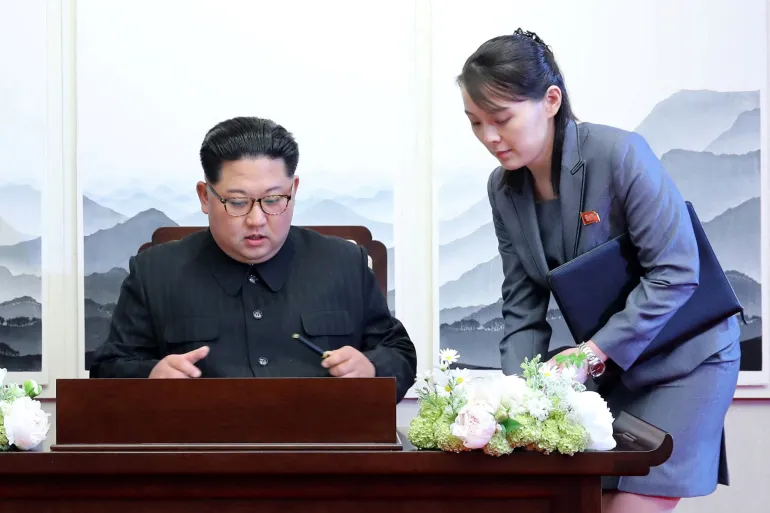
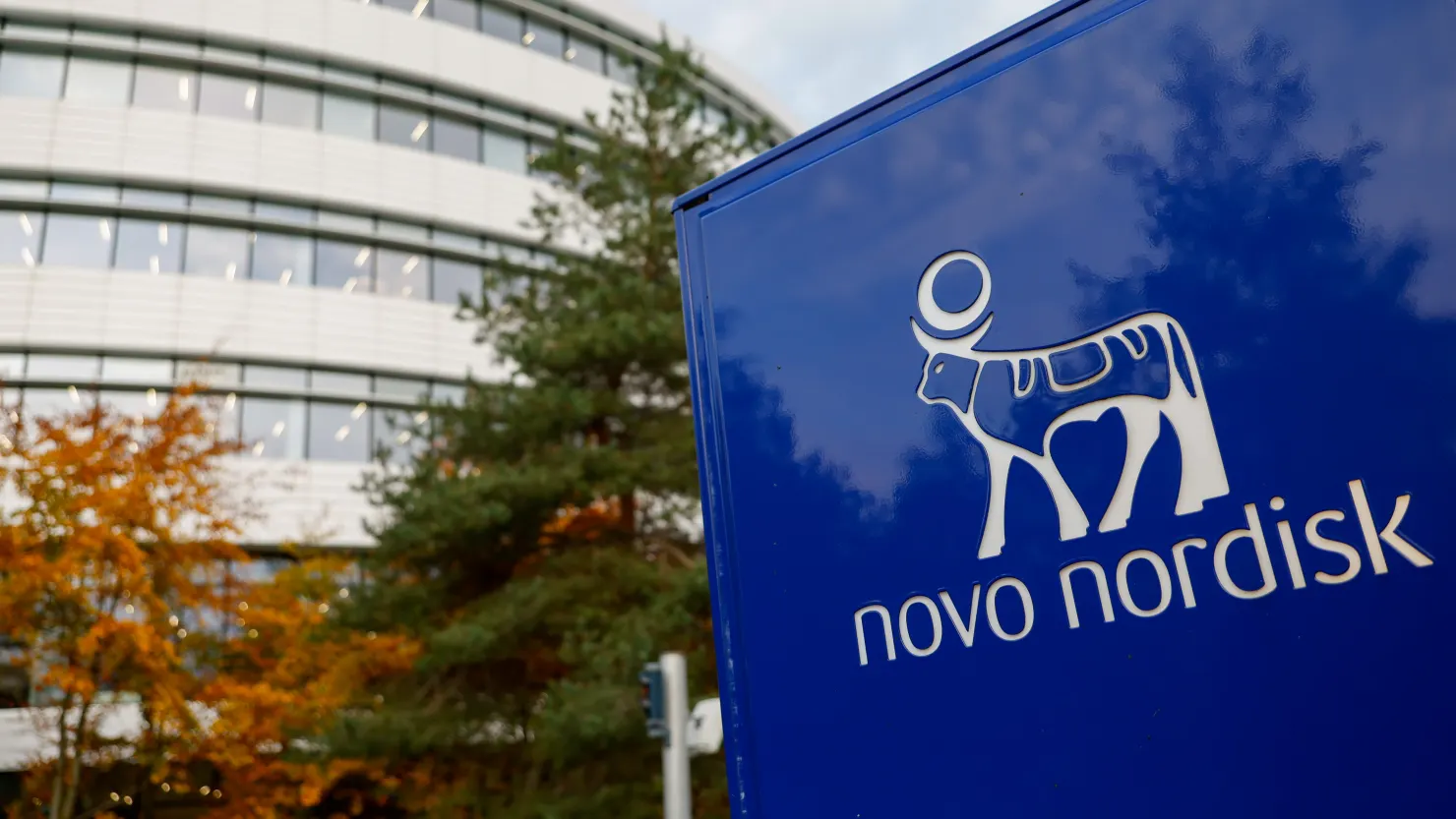
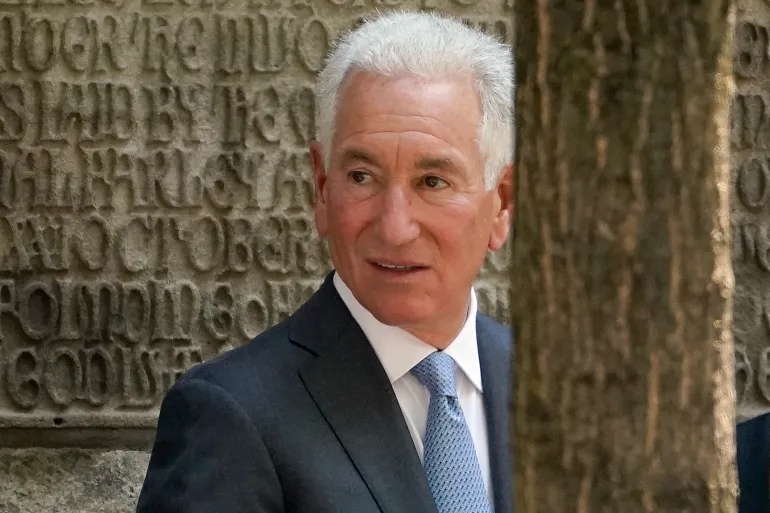
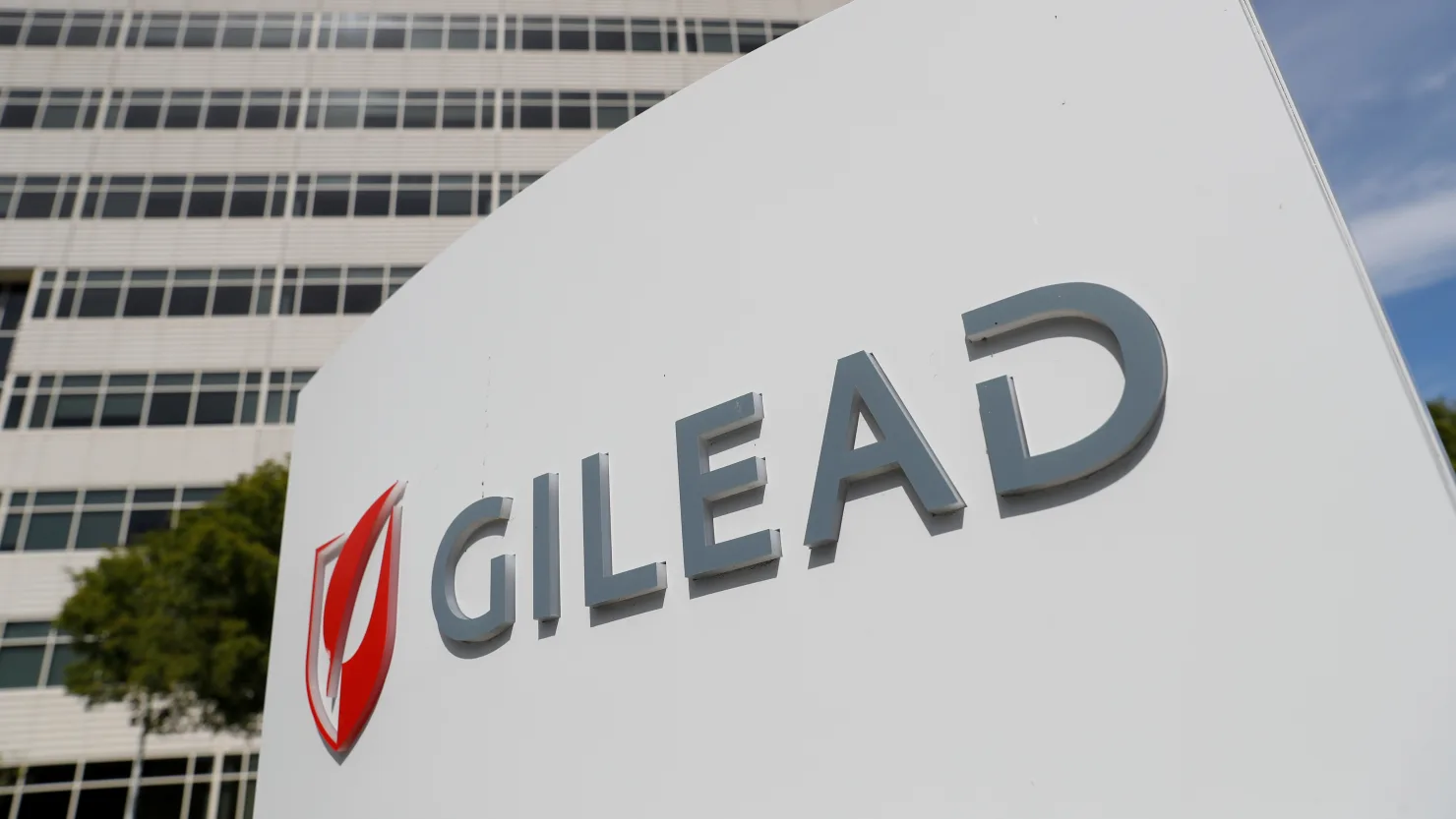
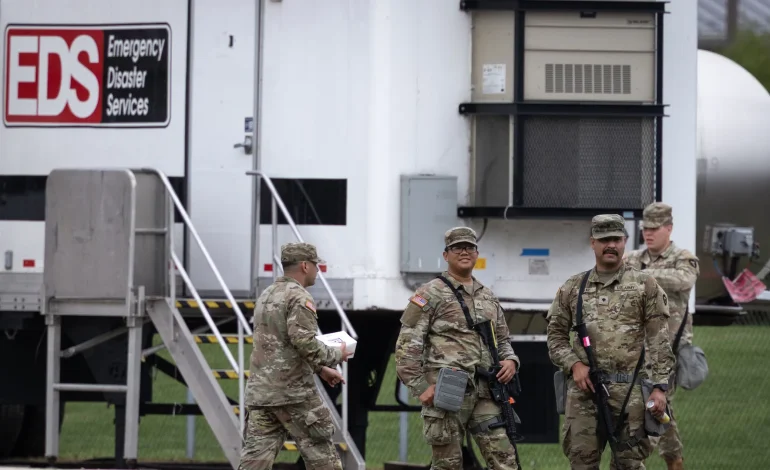




The latest news in your social feeds
Subscribe to our social media platforms to stay tuned